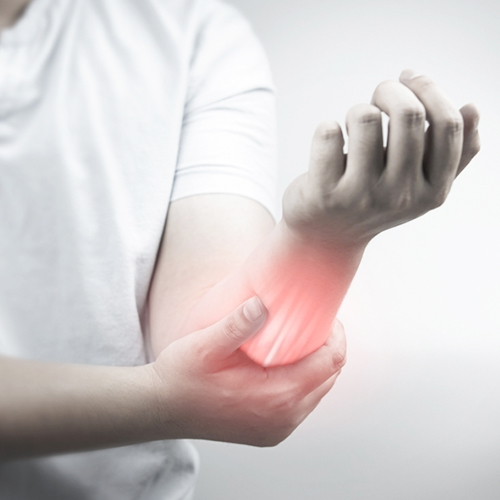Muscle Disorders Treatment in Vijayawada
Muscle disorders refer to a wide range of conditions affecting the muscles, muscle fibers, or the nerves and tissues that control muscle movement needing the expertise of Best Neuromuscular Disorder specialist in Vijayawada. These disorders can result in muscle weakness, pain, or even paralysis, significantly impacting daily life. Some muscle disorders are present from birth (congenital), while others develop over time (acquired).
Muscle disorders can be broadly categorized into three main groups:
- Myopathies : These affect the muscle fibers themselves, causing weakness and muscle pain.
Myopathies can be further divided into several types, including:
- Inflammatory myopathies : Conditions like dermatomyositis and polymyositis cause inflammation in muscle fibers, leading to muscle weakness and pain.
- Metabolic myopathies : These result from abnormalities in the metabolism of carbohydrates, fats, or proteins within muscle cells. Examples include McArdle's disease (a glycogen storage disorder) and mitochondrial myopathies (related to energy production within muscle cells).
- Congenital myopathies : These are present from birth and affect the structure and function of muscle fibers. Examples include centronuclear myopathy and nemaline myopathy.

- Neuromuscular junction disorders : These affect the connection between nerves and muscles,
leading to muscle weakness. Conditions in this category include:
- Myasthenia gravis : An autoimmune disorder in which the immune system attacks receptors at the neuromuscular junction, causing muscle weakness that worsens with activity and improves with rest.
- Lambert-Eaton syndrome : A rare autoimmune disorder affecting the neuromuscular junction, causing muscle weakness and fatigue, typically associated with small cell lung cancer.
- Nervous system disorders : These affect the nerves responsible for controlling muscle
movement and can lead to muscle weakness or paralysis. Examples include:
- Muscular dystrophies : A group of inherited disorders that cause progressive muscle weakness and degeneration.
- Peripheral neuropathies : Damage to peripheral nerves can result in muscle weakness, along with other symptoms like numbness and pain. Diabetes, nutritional deficiencies, or exposure to toxins can cause peripheral neuropathy.
- Spinal cord disorders : Conditions like amyotrophic lateral sclerosis (ALS) or spinal muscular atrophy can affect the spinal cord and lead to muscle weakness or paralysis.
Diagnosis of muscle disorders and Muscle Disorder treatment in Vijayawada typically involves a thorough medical evaluation, including a review of the patient's medical history, physical examination, and specific tests to assess muscle strength, reflexes, and nerve function. Blood tests, genetic testing, and imaging studies like MRI or electromyography (EMG) may also be necessary to identify the underlying cause.
Treatment for muscle disorders by Neurologist in Vijayawada depends on the specific type and severity of the condition. In some cases, medications can help manage symptoms, while physical therapy and occupational therapy can improve muscle strength, flexibility, and overall function. In more severe cases, assistive devices or surgical interventions may be necessary.
To know more on Best treatment for muscle weakness in Vijayawada, consult one of the Best doctors for muscle disorder in Vijayawada, Dr. Lavu Harish
Newsletter
Subscribe our Newsletter to get new updates
